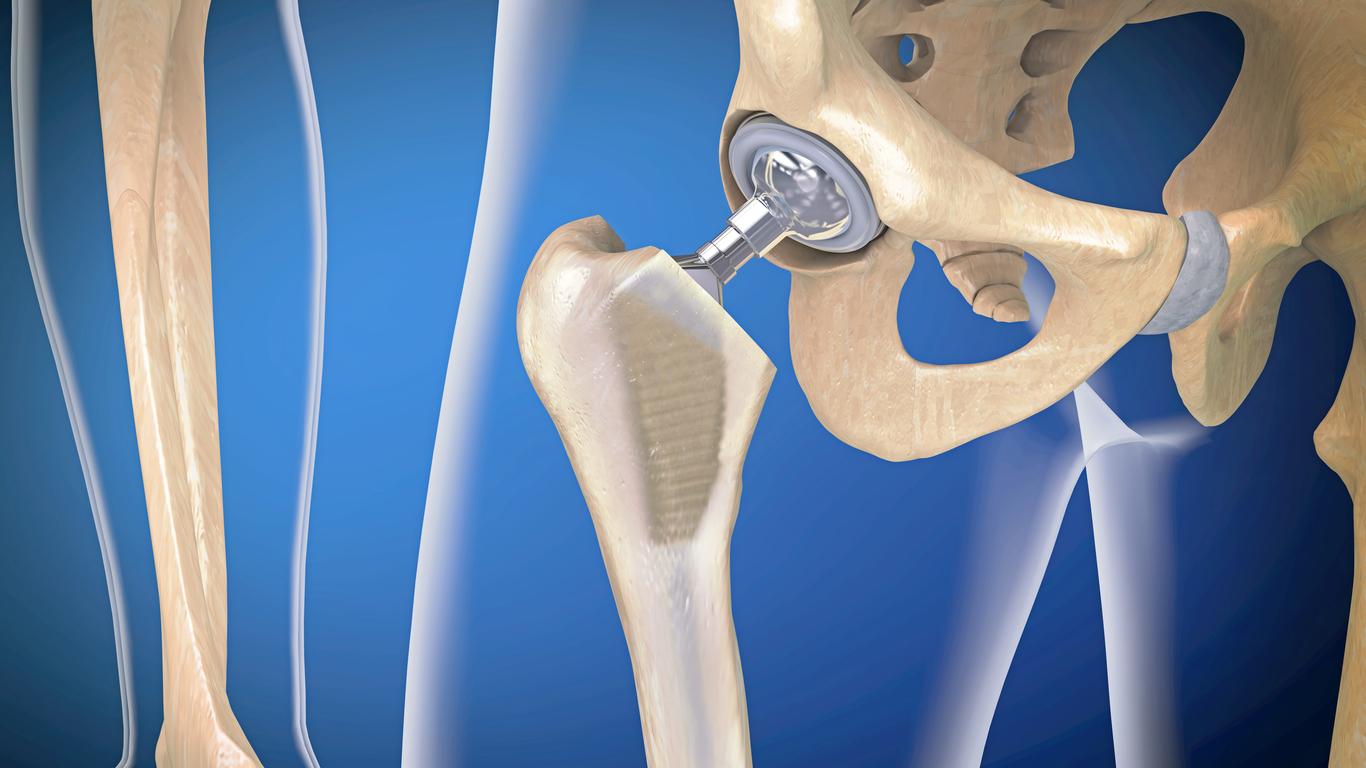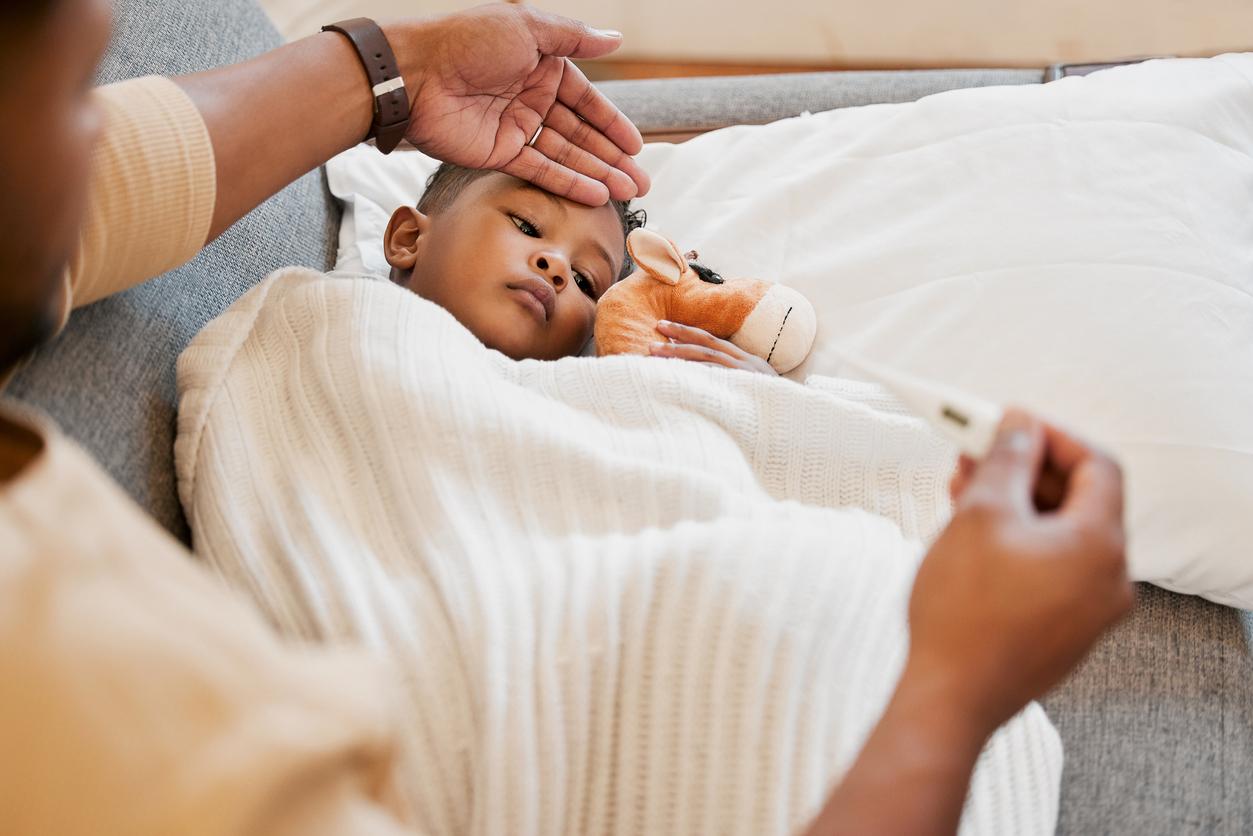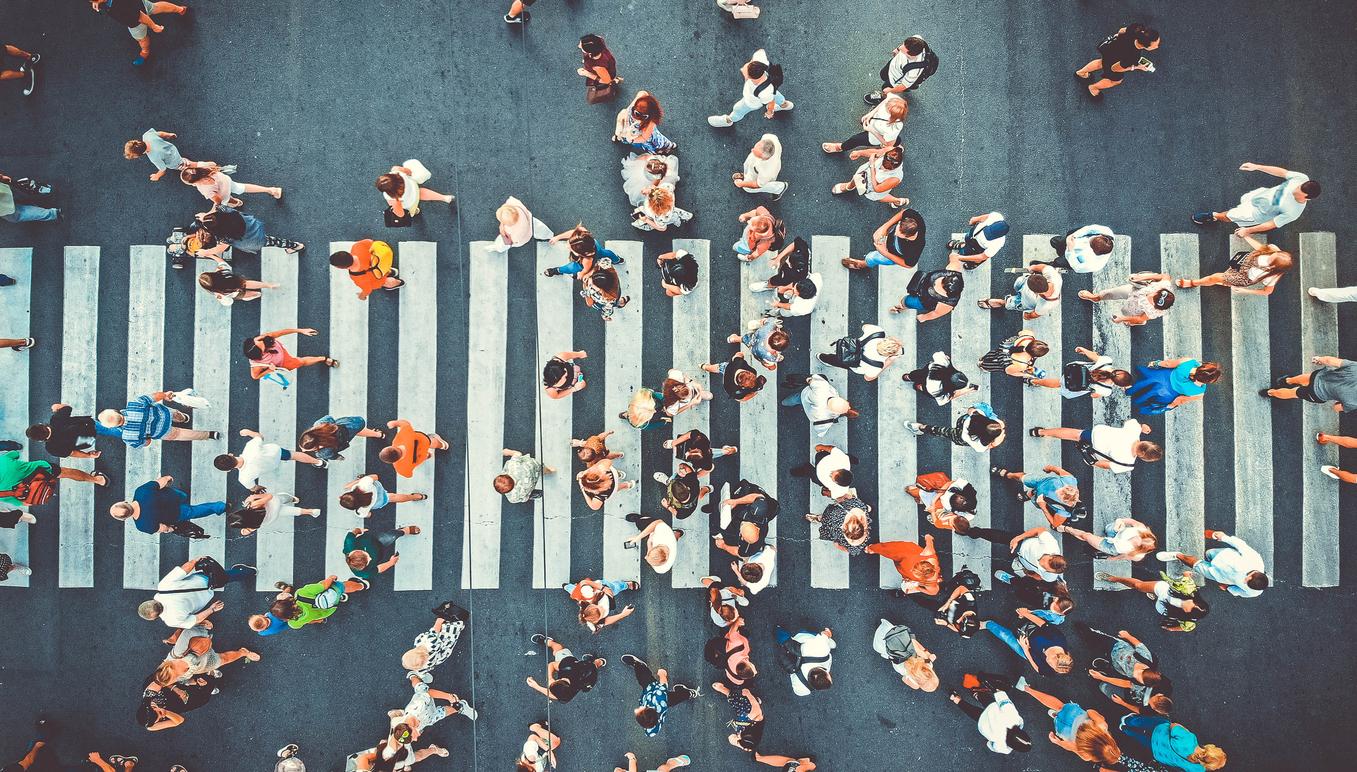Five associations fighting brain tumors are warning of the need to improve access to supportive care for people suffering from these forms of cancer.

- Five patient associations are organizing the second national brain cancer day.
- They warn of the need for supportive care for patients, and their difficulties in accessing it.
- They identified five avenues for improving care.
Monday, December 2 is the second National Brain Cancer Day. Organized by five patient associations (ARTC, ARTC-Sud, Oligocyte Bretagne, Des Etoiles Dans La Mer-Vaincre le Glioblastoma, and Plus Cerebrale que nous tumor!), it is an opportunity to raise awareness about this disease, which affects more of 5,000 people each year in France. This second edition is dedicated to supportive care. “Supportive care is key to the dignity of brain cancer patients and those around them, which is why we are dedicating the 2e brain cancer day on this theme”specify the associations in a joint press release.
Brain tumor: cancers that are sometimes invisible
These patient organizations emphasize that the disease is often invisible and yet requires appropriate care. “Beyond treatments, the symptoms of these brain tumors affect physical and cognitive abilities more frequently and more significantly than other cancers, they warn. Therefore, it is imperative to take these disabilities into account in patient care, through appropriate supportive care, in order to ensure the best possible quality of life for patients, on a physical, psychological and social level..”
Supportive care needed for people with brain tumors
The notion of supportive care refers to the care and support necessary for patients alongside treatment. “They take into account the diversity of the needs of patients, as well as those of those around them, regardless of their places of care, specifies the National Cancer Institute. They are an integral part of your care pathway and are neither secondary nor optional.” They may concern pain management, psychological or nutritional balance or even physical activity. “The provision of supportive care for patients suffering from brain tumors is not adapted to the reality on the ground and today faces numerous obstacles, both for those in remission and for those at the end of life.”observe these patient associations.
Brain cancer: unequal access to supportive care
They note that access to this care is not the same for all patients with brain tumors. “Today, the number of structures within or outside hospitals is particularly insufficient, and the availability of this care depends on the size of the centers and their geographical location.specifies the press release. But there is also a shortage of places in rehabilitation reception infrastructures, given the needs. “For patients with brain tumors that can get worse quickly, access may take too long.”they estimate. Access to specialized health professionals is also unequal depending on location, such as neuropsychologists, speech therapists or occupational therapists. Finally, these associations deplore a lack of follow-up between the hospital and the city. “Despite quality care in hospital, patients may feel helpless when they return home, particularly in terms of psychological and social support..”
What solutions can be found to improve access to supportive care in the case of brain tumors?
They identified five solutions to improve this support. First, it is necessary, according to her, to grant a “true place” in neuro-oncology research in order to find effective treatments for these often incurable diseases. Then, the support care offer must be adapted and expanded, just as the number of places must be increased in reception structures. Finally, these associations ask that the “return to society” patients is made easier and that caregivers are better supported.

















